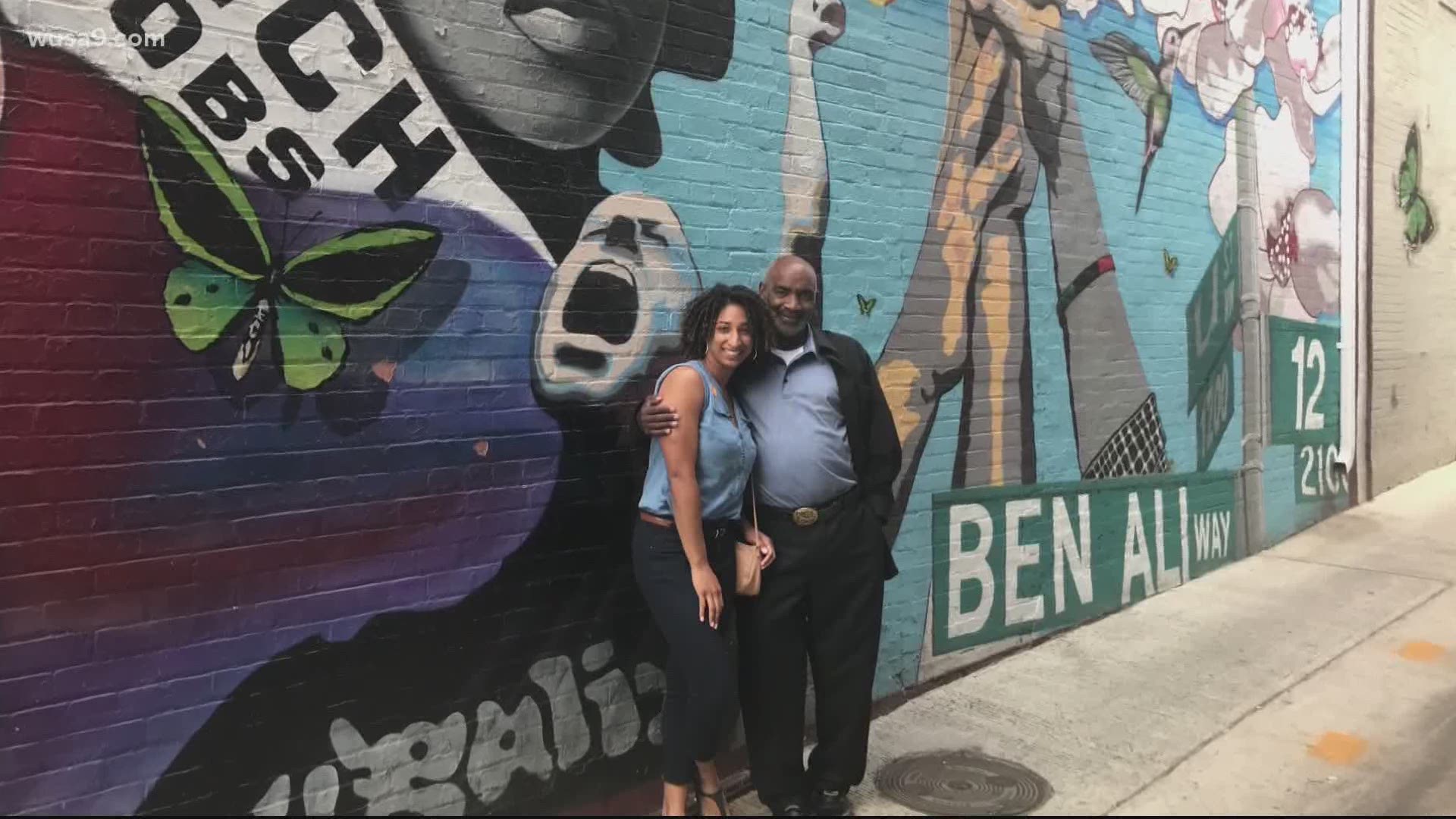WASHINGTON — As we approach the historic March on Washington Friday, people are planning to attend in droves to protest racial inequality and injustice. Just 57 years ago, more than 200,000 people gathered in D.C., demanding equal jobs and pay, abolishing segregation, voter suppression and health care disparities.
And even despite the ongoing coronavirus pandemic, many people are taking to the streets Friday, this time to demonstrate their commitment to fighting police reform and criminal justice.
The coronavirus pandemic has disproportionately impacted minorities. But statistics and the lack of research studies show healthcare is different for Black and brown people.
Mahogany Blank said unfair healthcare has spanned generations in her family. And Dr. Taison Bell from the University of Virginia (UVA) believes biases are the cause.
“I wouldn't even say quality health care, I would even just say someone paying attention to you and believing you when you say, I have this problem,” Blank said.
The plight to find someone, to not only diagnose her common condition but to treat it properly, was a six-year battle for Blank.
“I have psoriasis and for a long time, I couldn't get the support that I needed, especially when I was having breakouts on my scalp,” Blank said.
What Blank did not know at that time was she was experiencing what’s known as a “health disparity.” It’s when one group of people experiences a higher burden of illness, injury, disability or mortality relative to another.
Dr. Bell said the inequity minorities face in healthcare should not be correlated to socioeconomic status as it often is.
“These outcomes are actually worse the highly educated you are, the more likely you have to have an adverse outcome,” Dr. Bell said.
Dr. Bell is an Assistant Professor of Medicine in the Divisions of Infectious Diseases and International Health and Pulmonary and Critical Care Medicine at UVA. He is also the Director of the Medical Intensive Care Unit (ICU) and Director of the UVA Summer Medical Leadership Program. While he does agree access to quality education, food, housing, and clean water and air are major factors in health disparities, there’s another issue.
“If you look at someone who has a high socioeconomic status, who has graduate degrees, and you compare that with a white peer who has that same level of education, same level of income, same neighborhood that they live in, they will more likely have disproportionate outcomes and the Black couple will tend to experience worse outcomes as a result," said Dr. Bell. "The common link is the color of your skin.”
Dr. Bell said he and his wife are an example, having wondered if they lacked proper care during the pregnancy of their first child.
“He was stillborn and we had done our regular prenatal care. There was nothing that was going wrong with any of our visits there were no concerns expressed, but he died at birth and we were left wondering, 'was race, the one factor that caused our son to die at birth?'” said Dr. Bell.
Blank believes a bias in healthcare has proven to be true for generations in her family. Her grandmother is listed as having a cardiovascular problem, but has never been formally diagnosed with the condition. Blank said she has often felt like a guinea pig while seeking treatment for her skin condition.
“It's more than frustrating to not be heard, and not be seen, and it reminds me of other areas of my life where as a Black woman, I have not been heard and seen. And, it sucks that it also has to happen in healthcare, and in an area where my life could be at risk at any point,” Blank said.
Blank and many others realize the health risk of attending the March on Washington. She said that risk is one she feels like she faces every time she seeks medical care.

